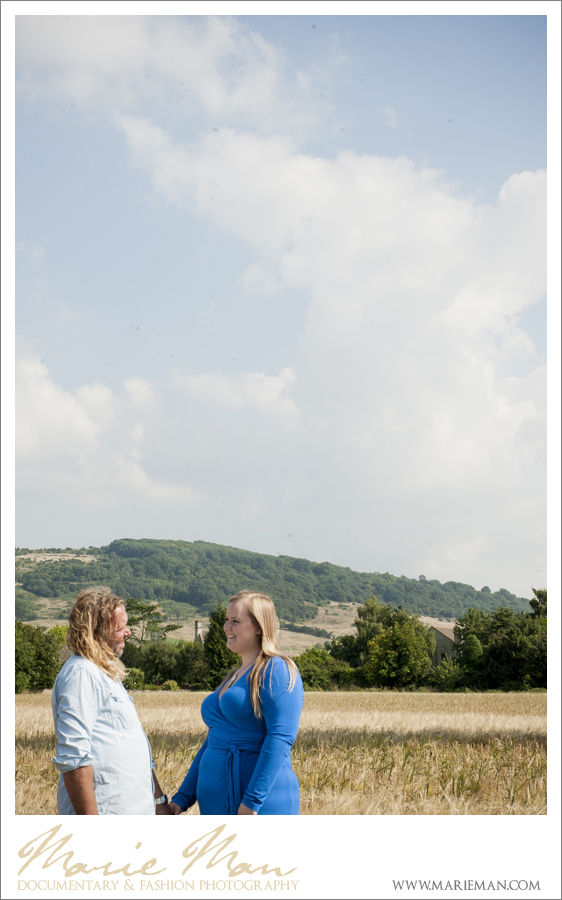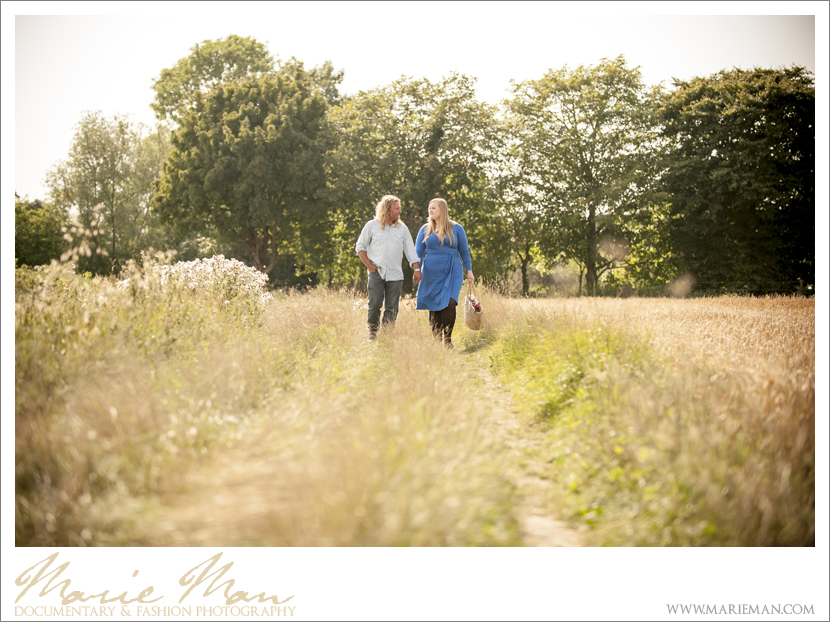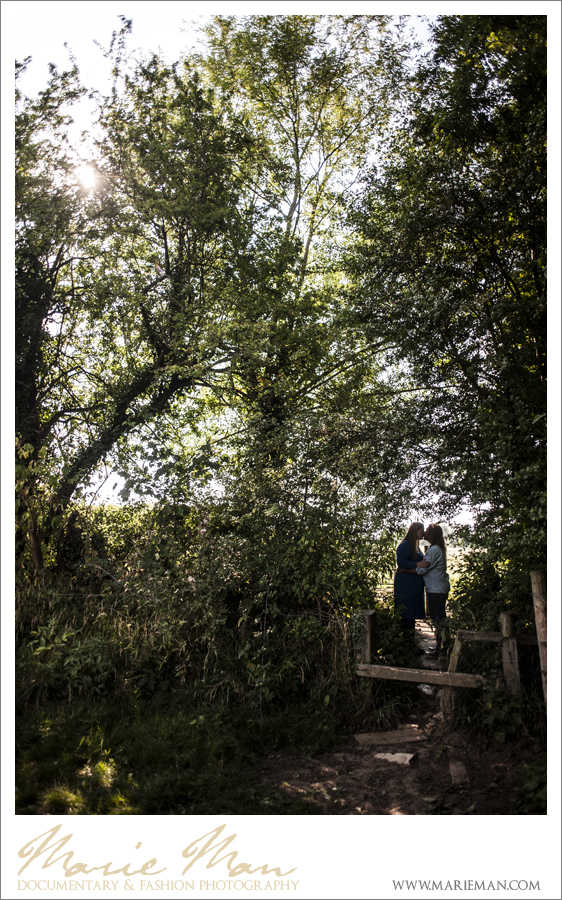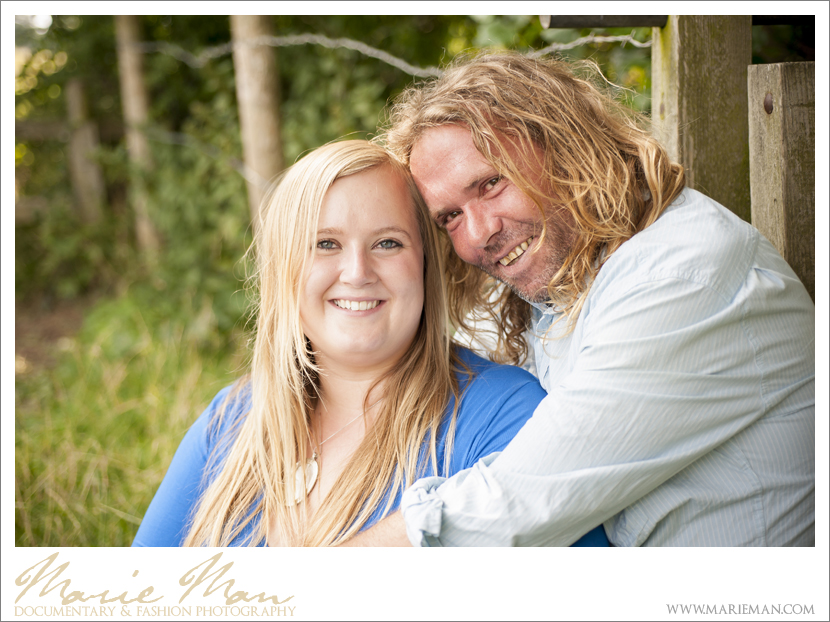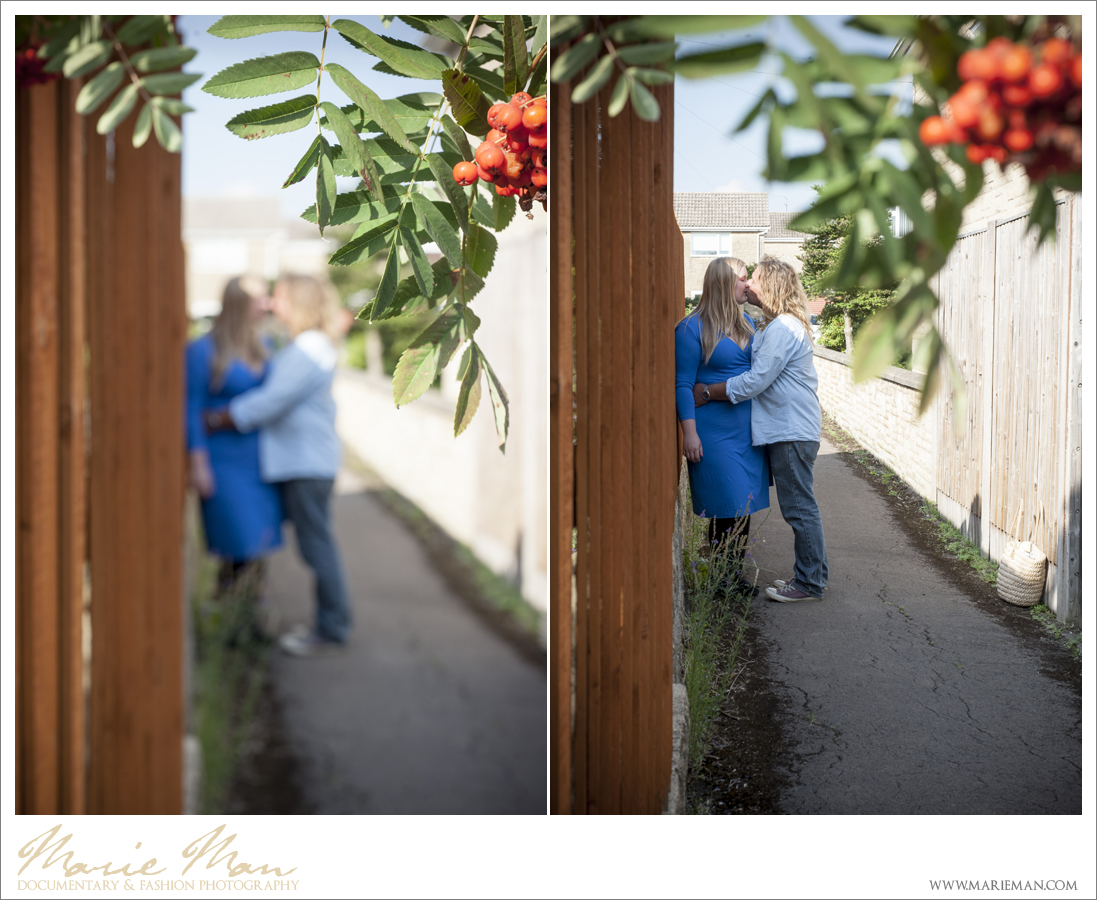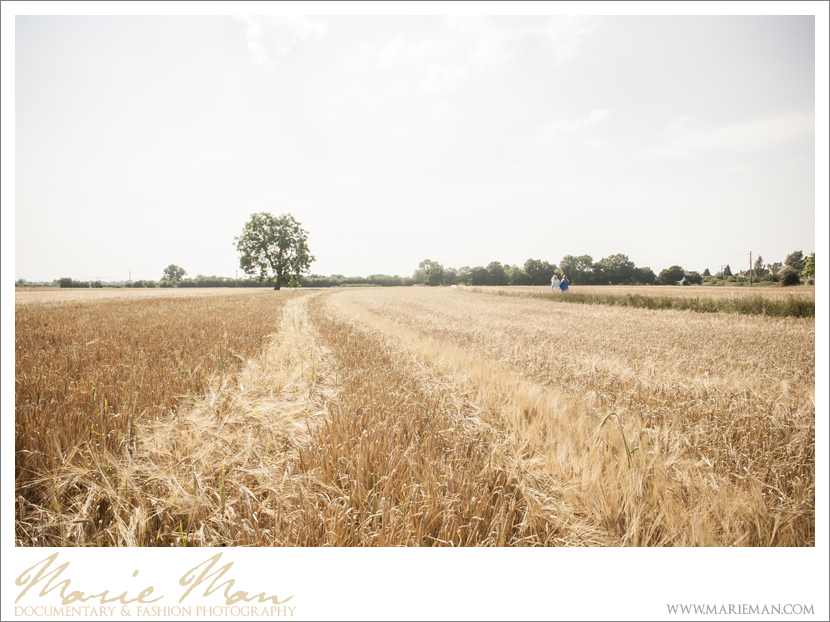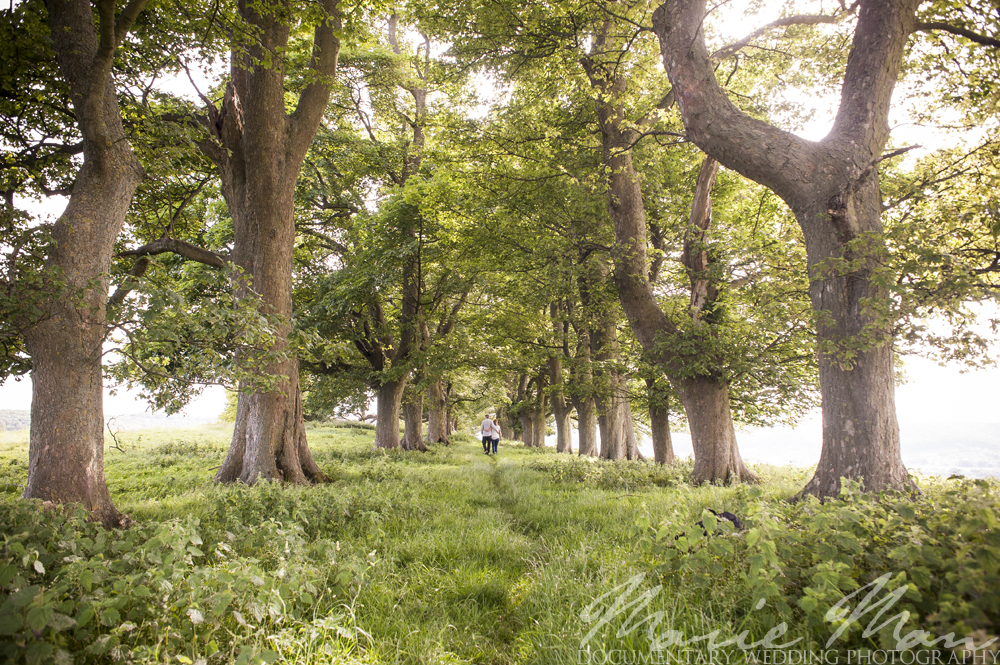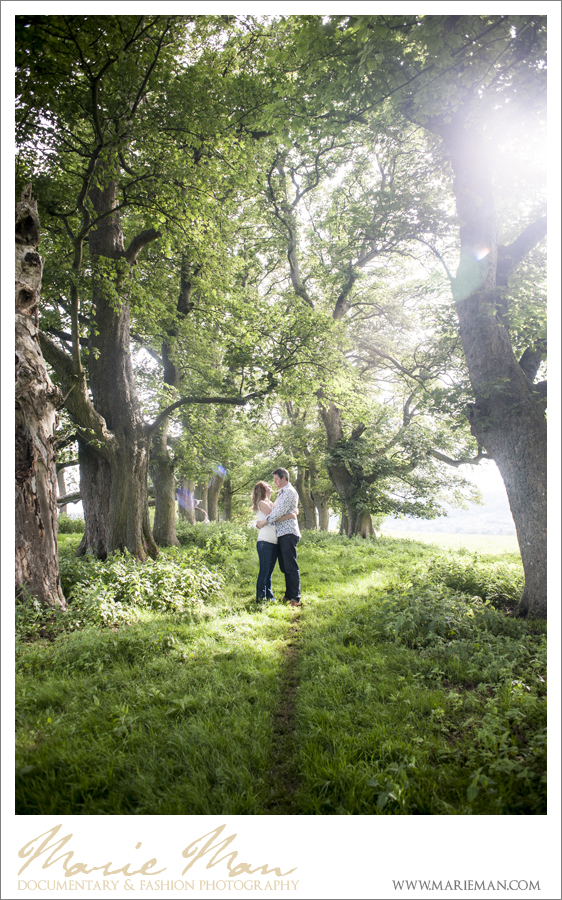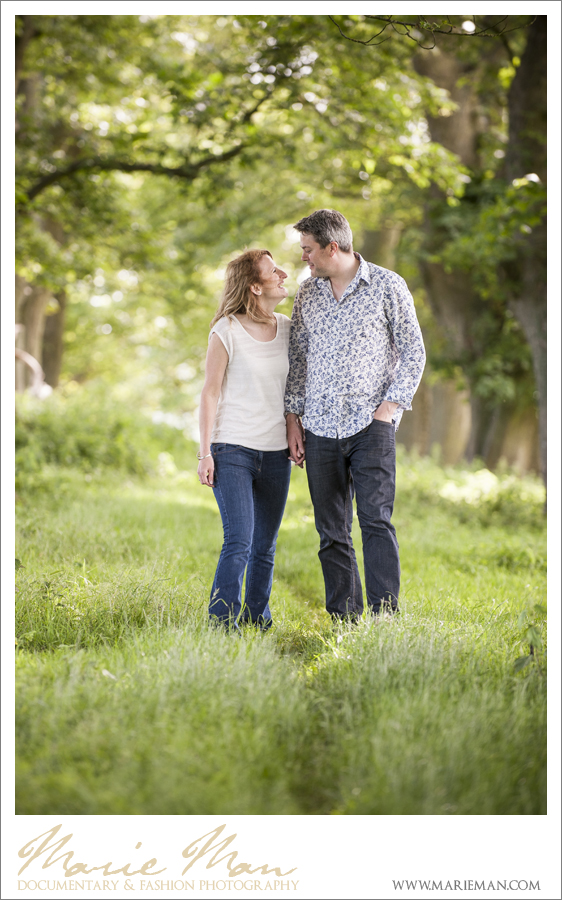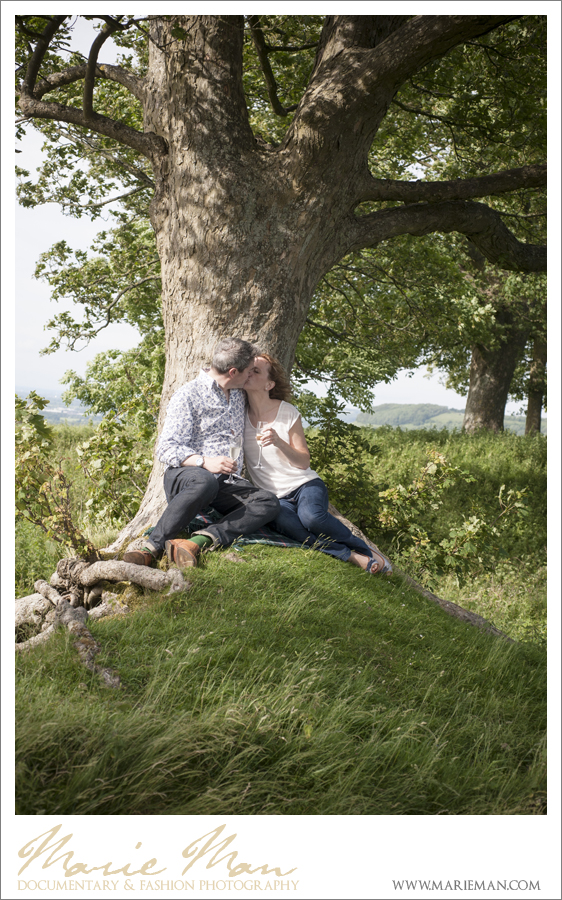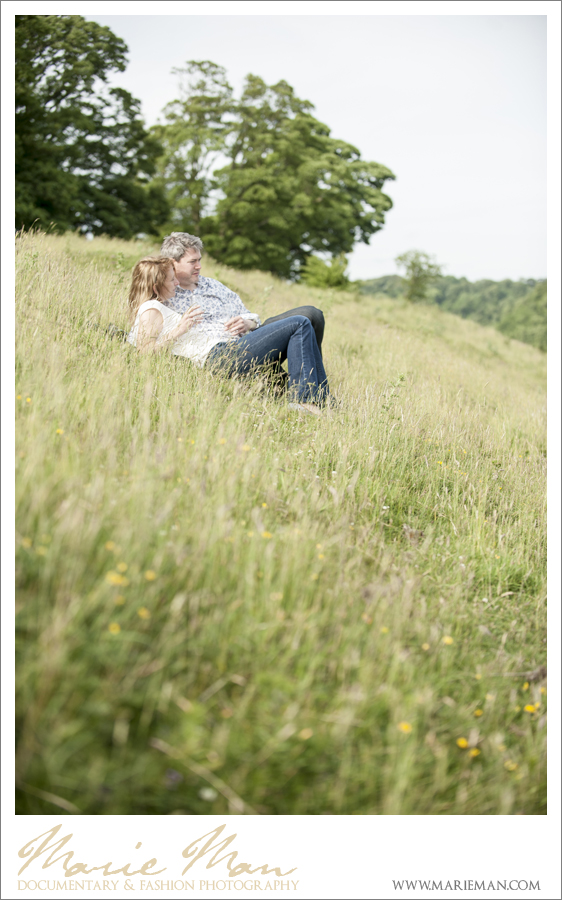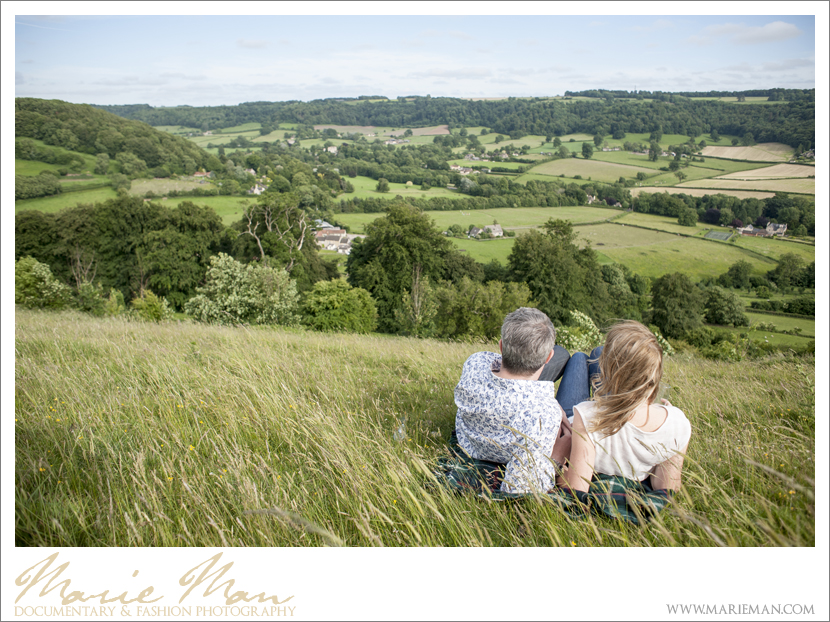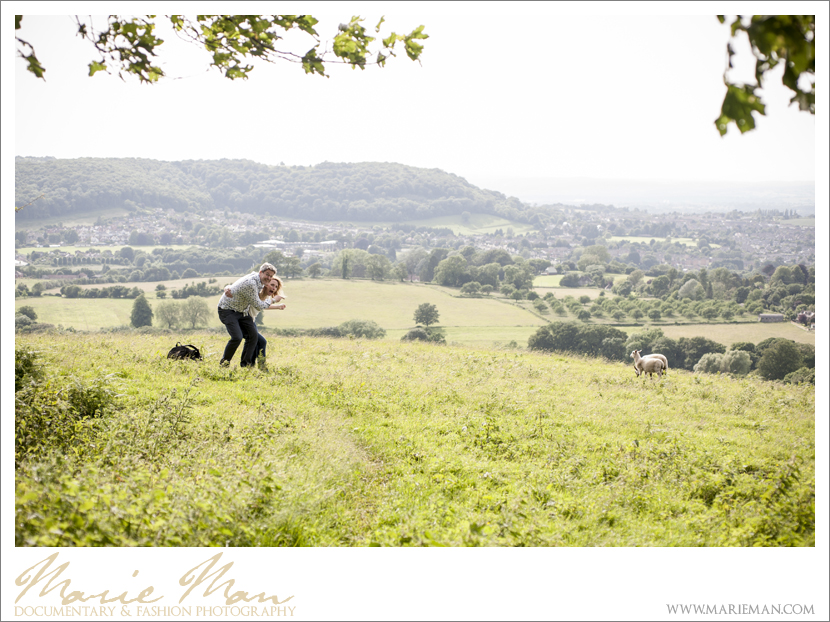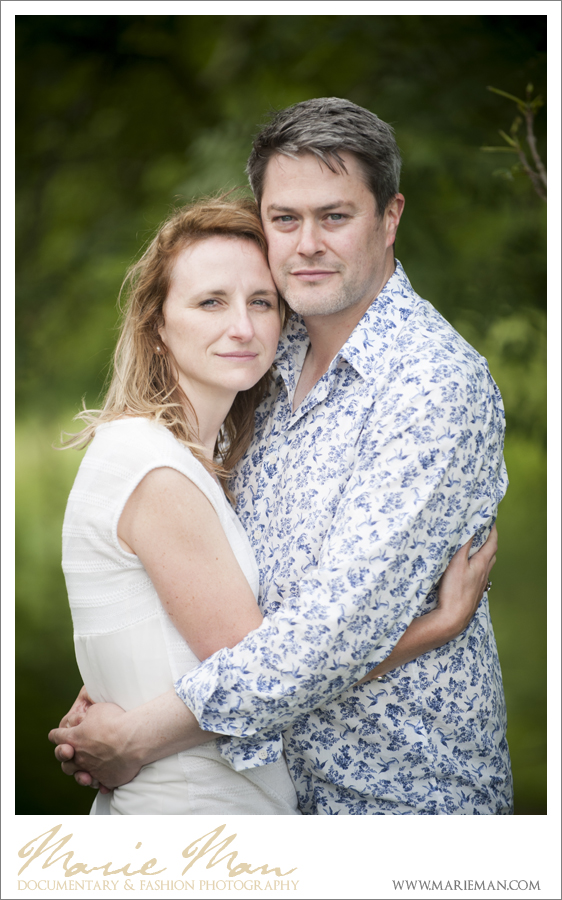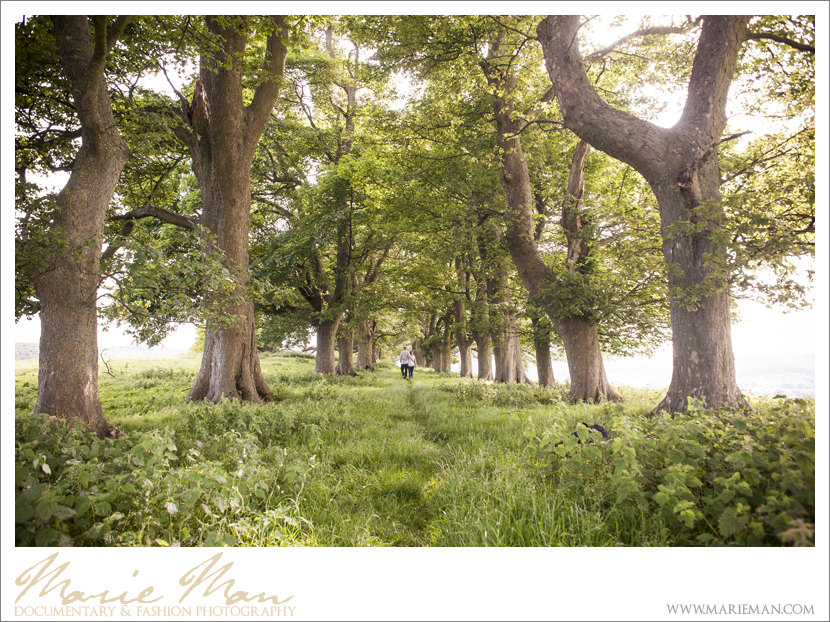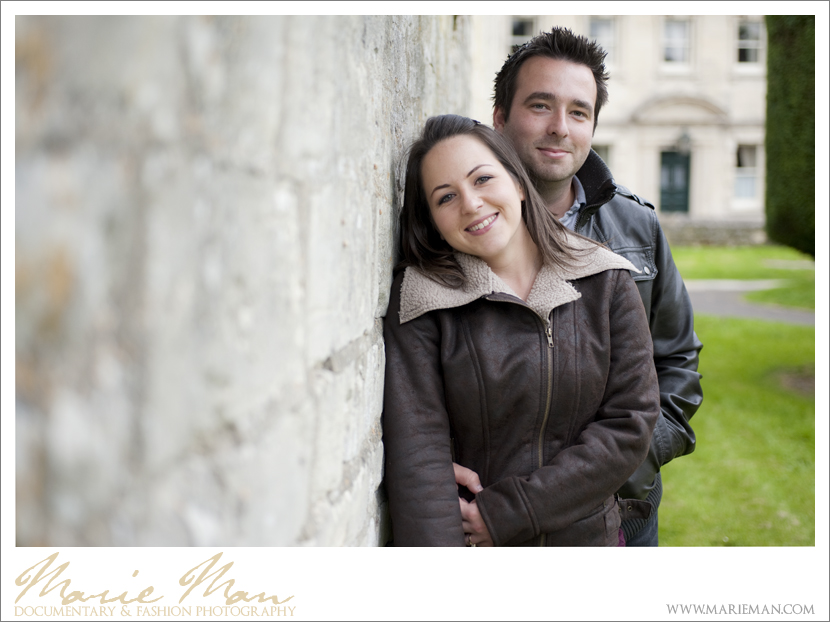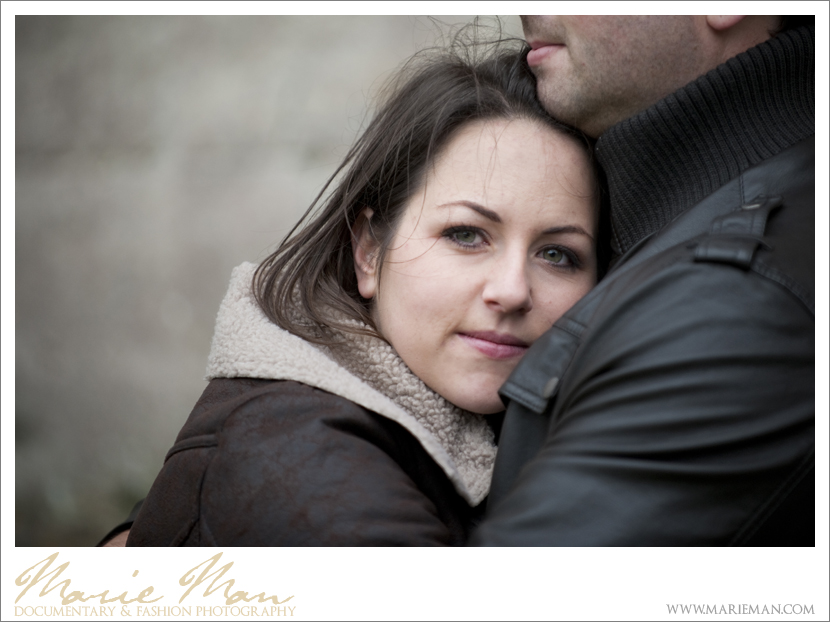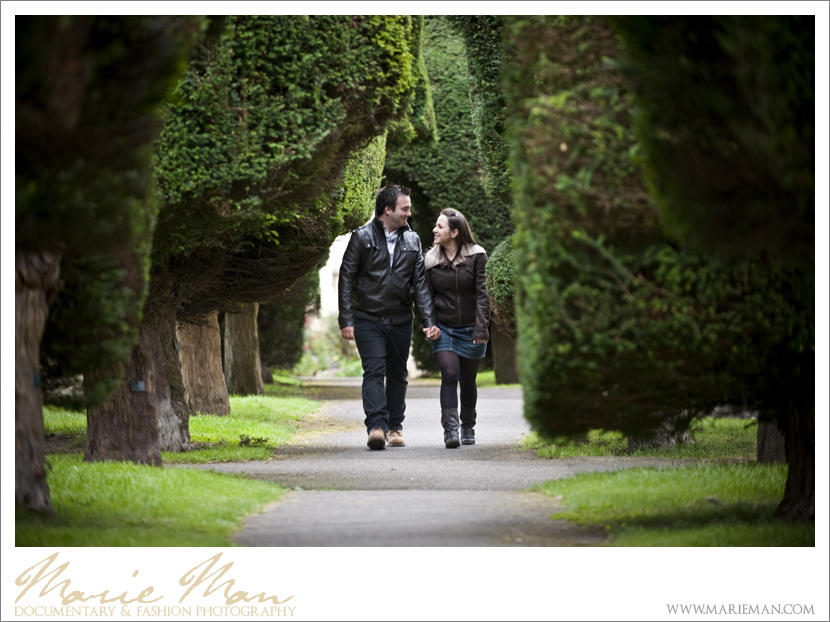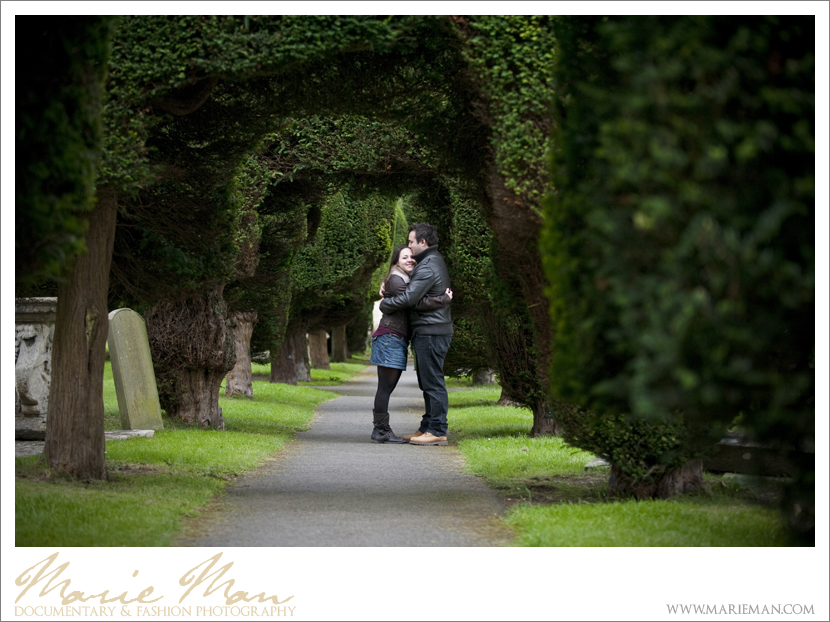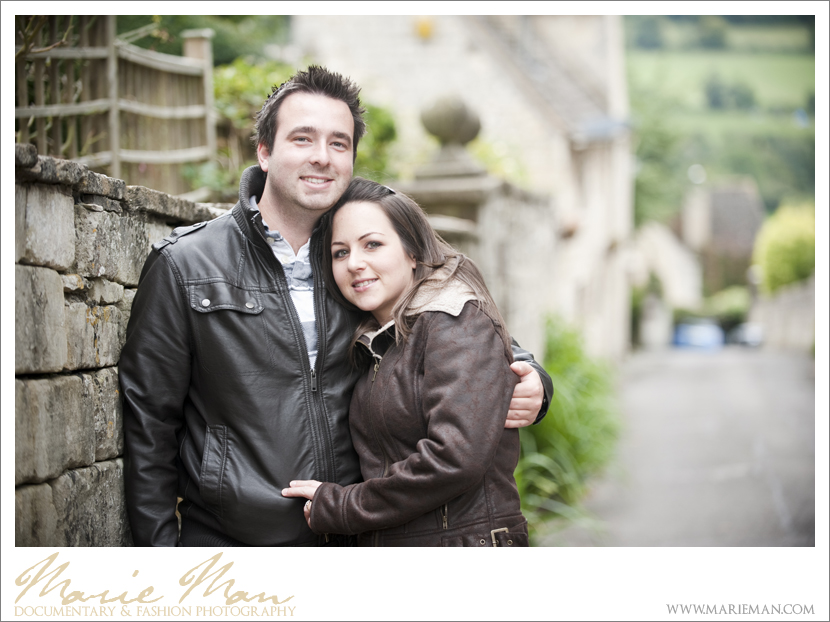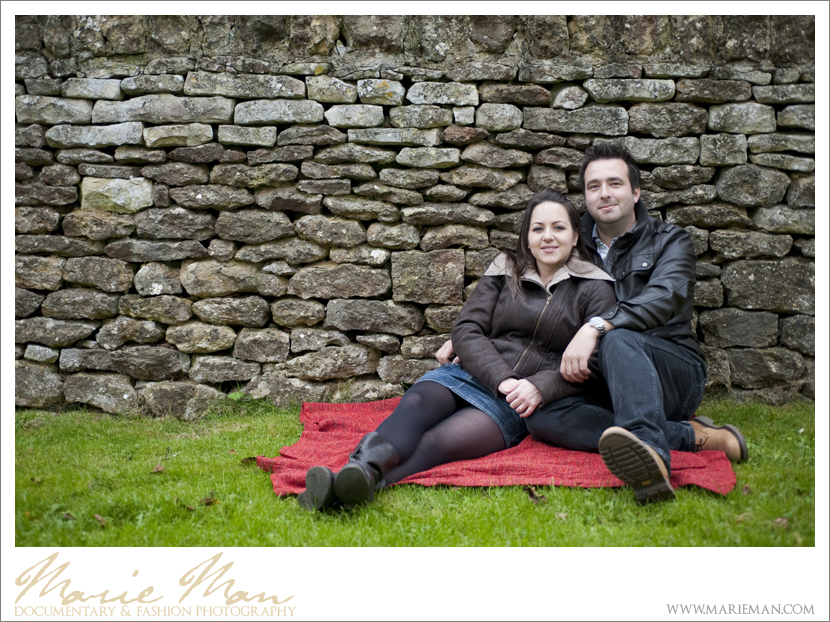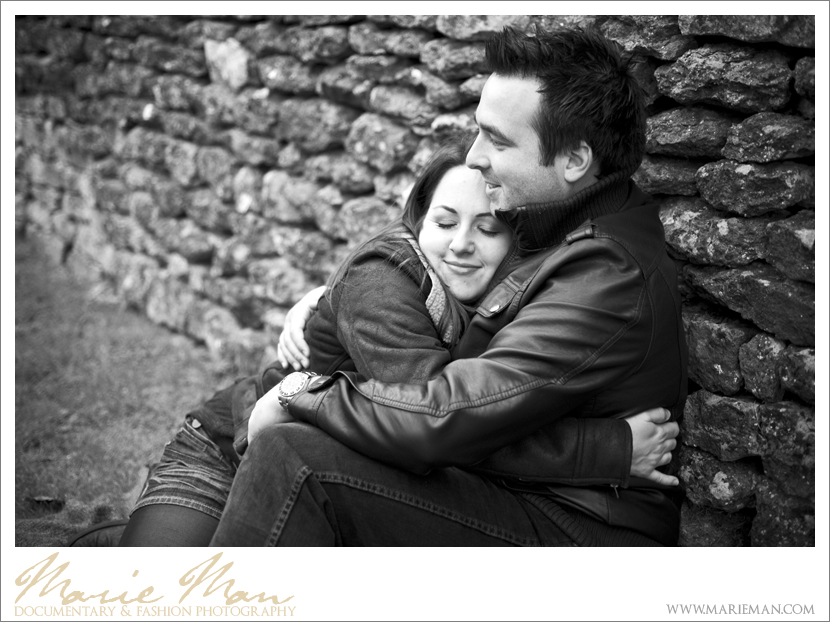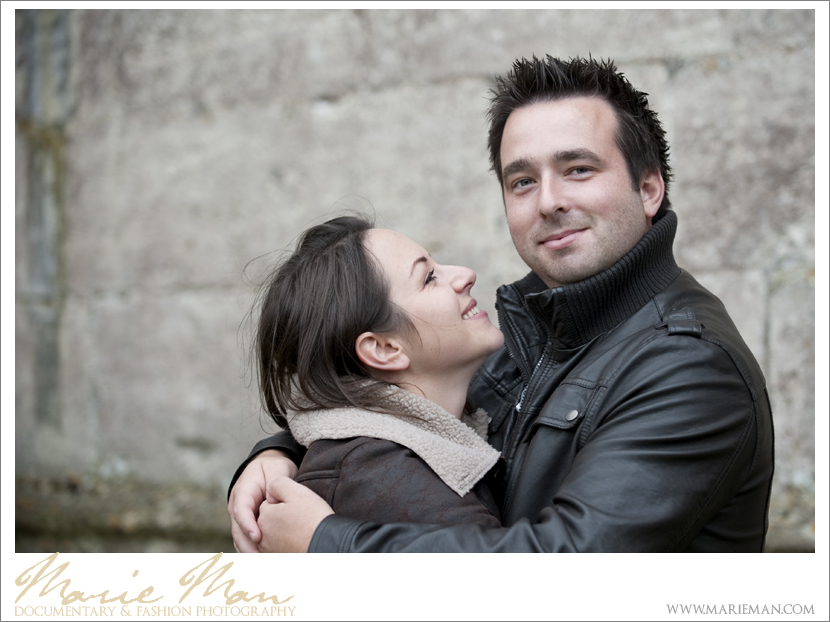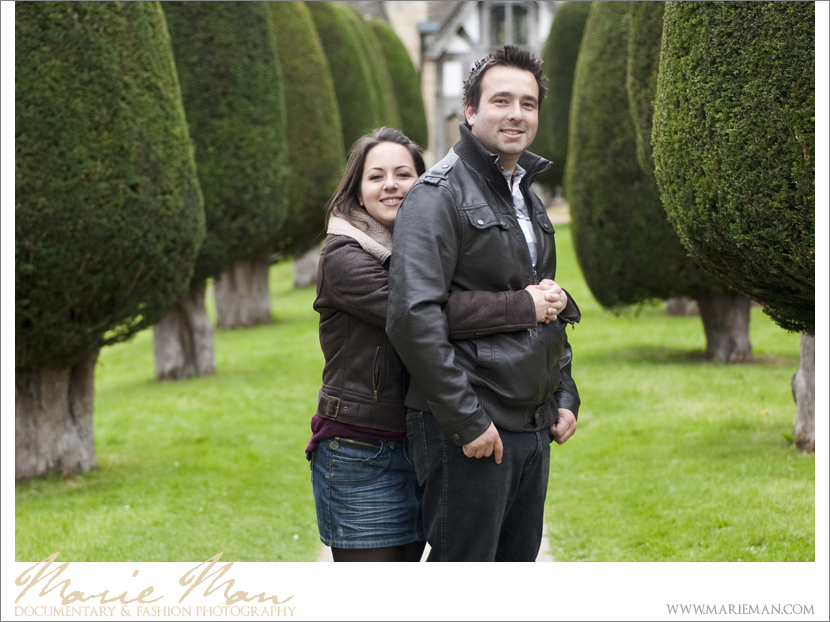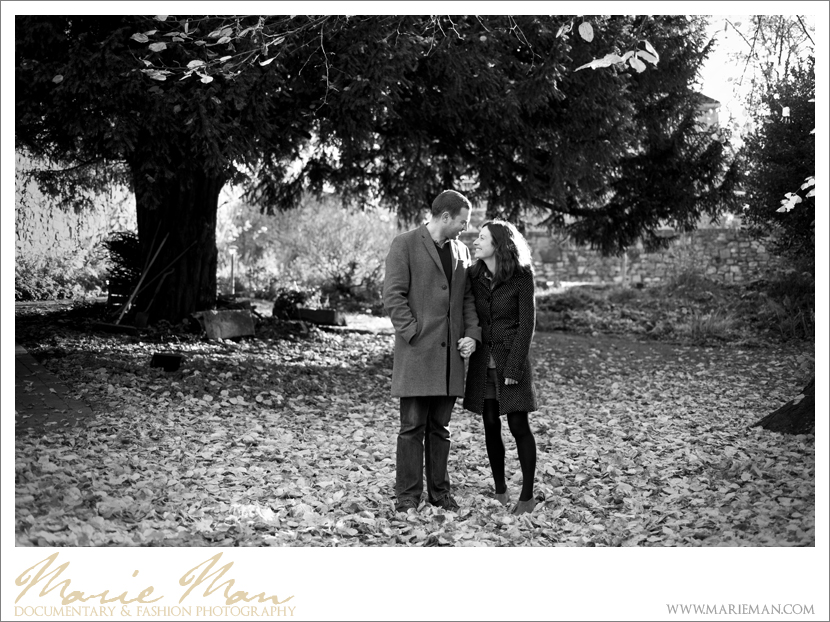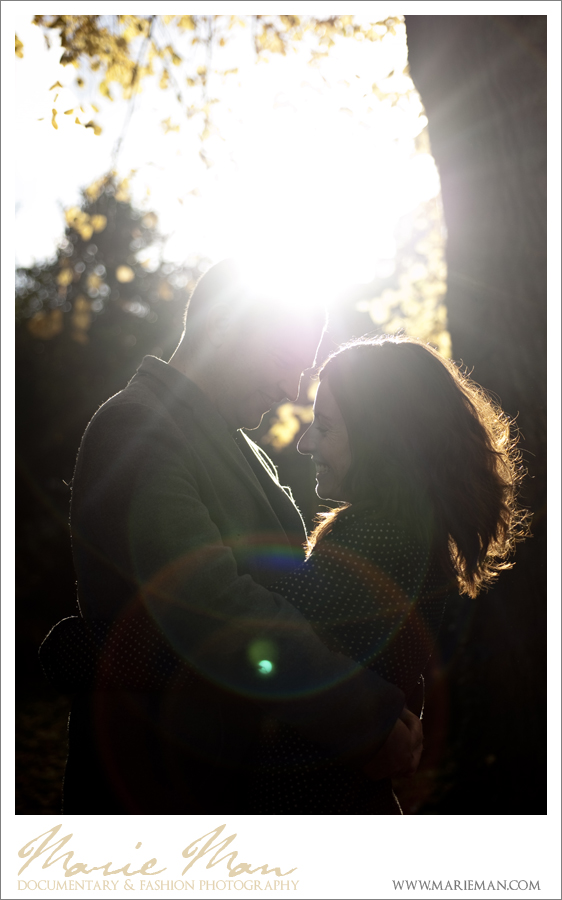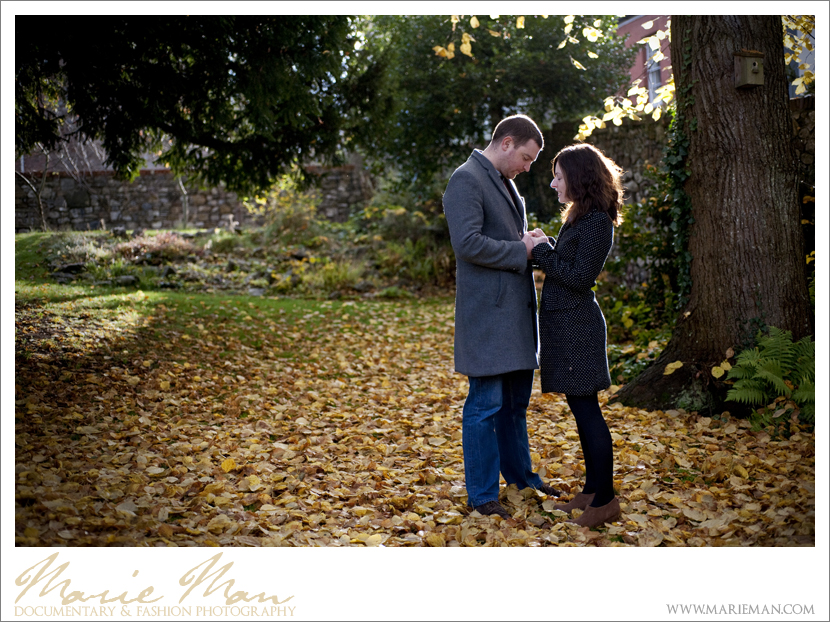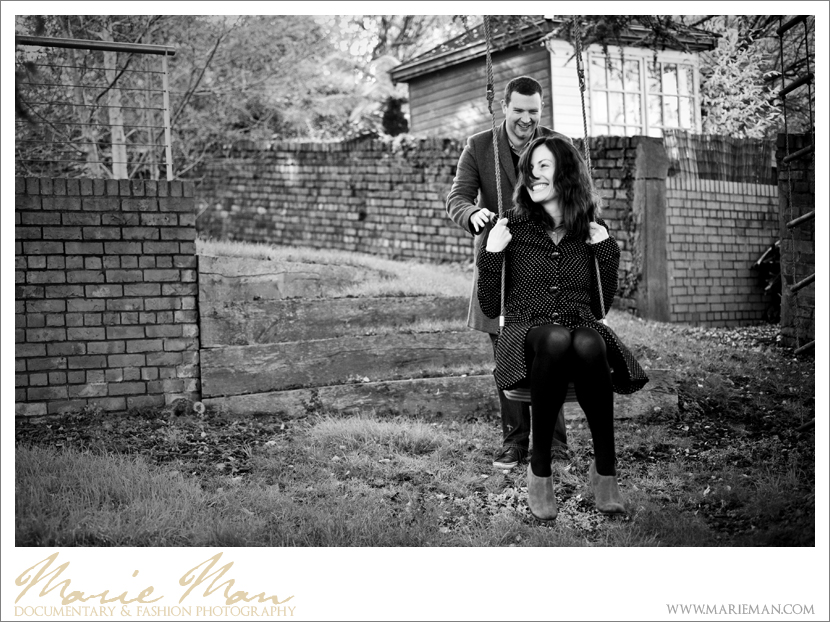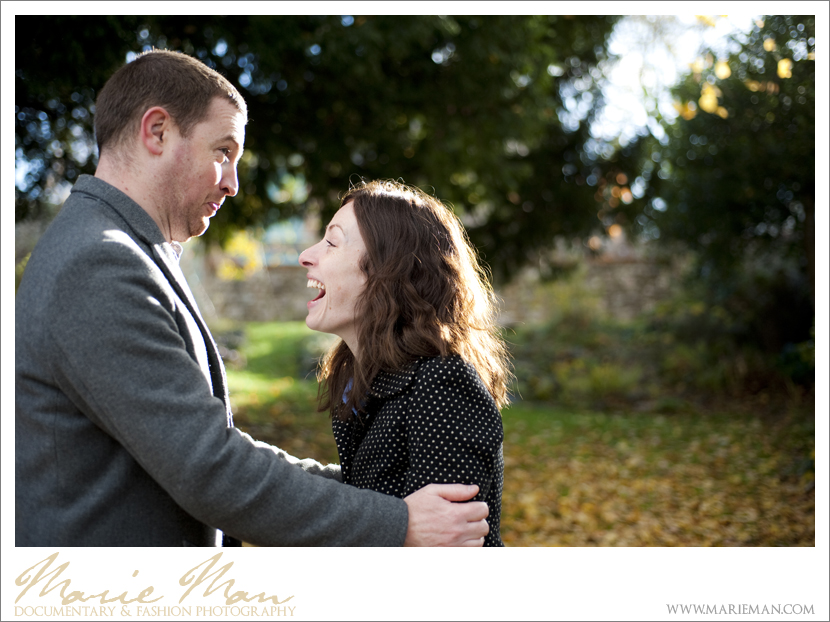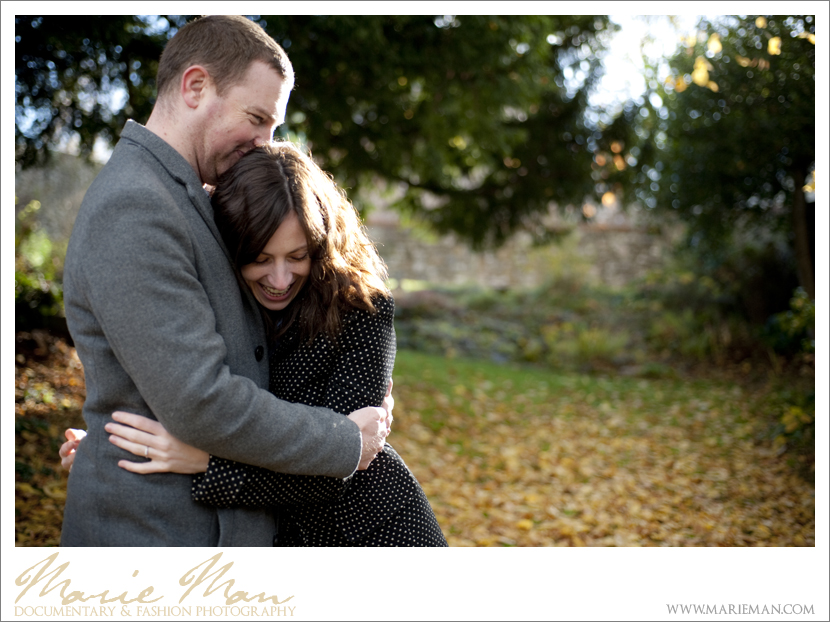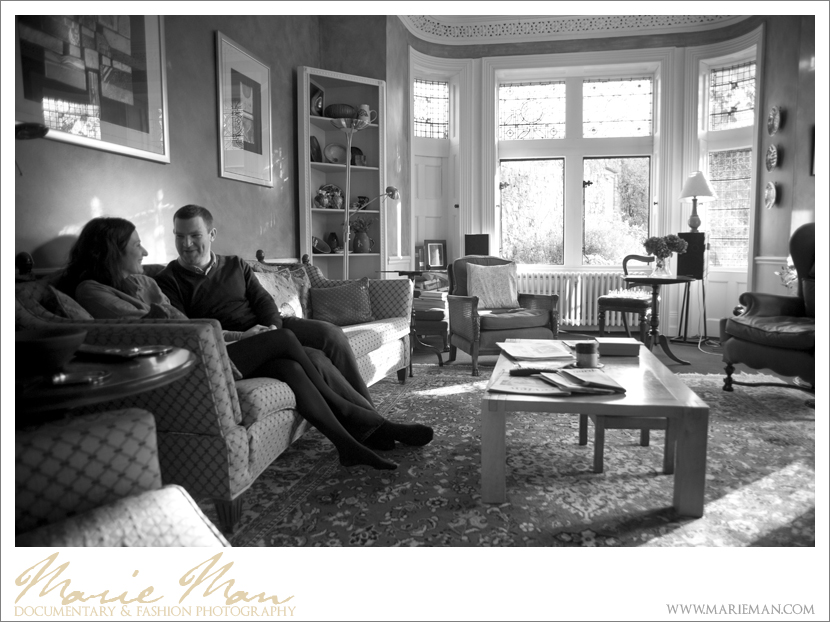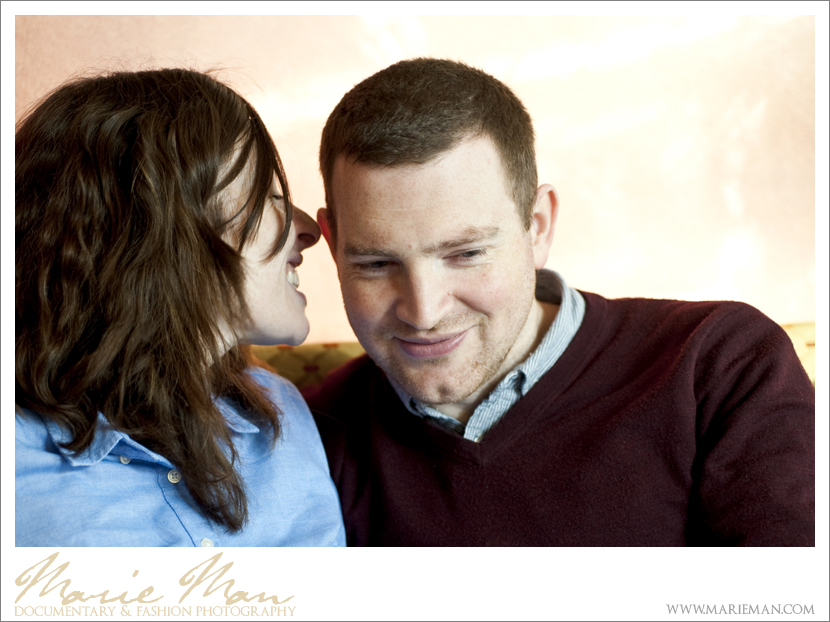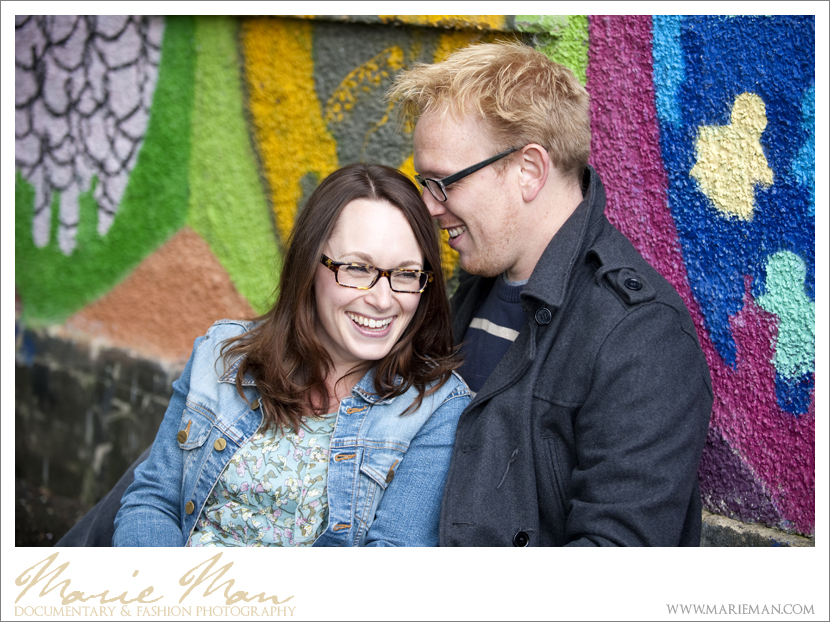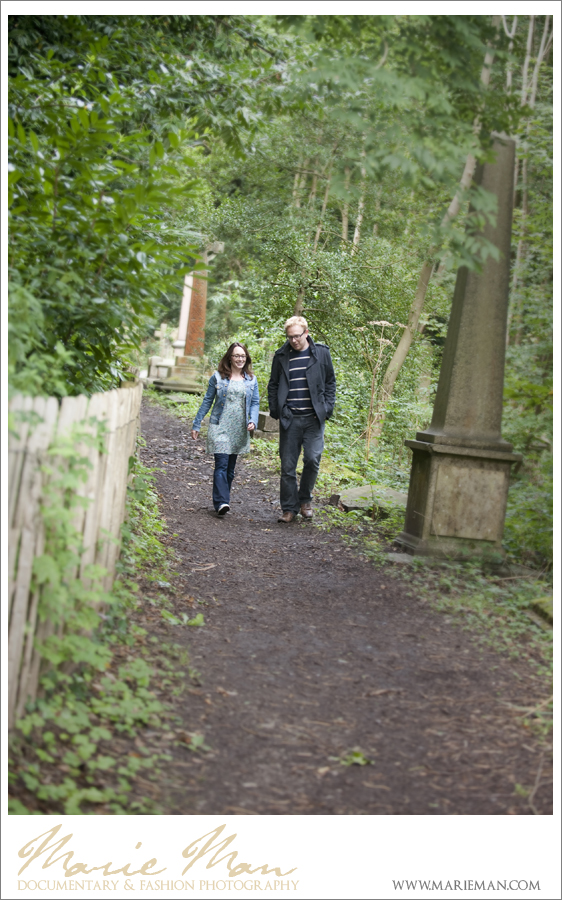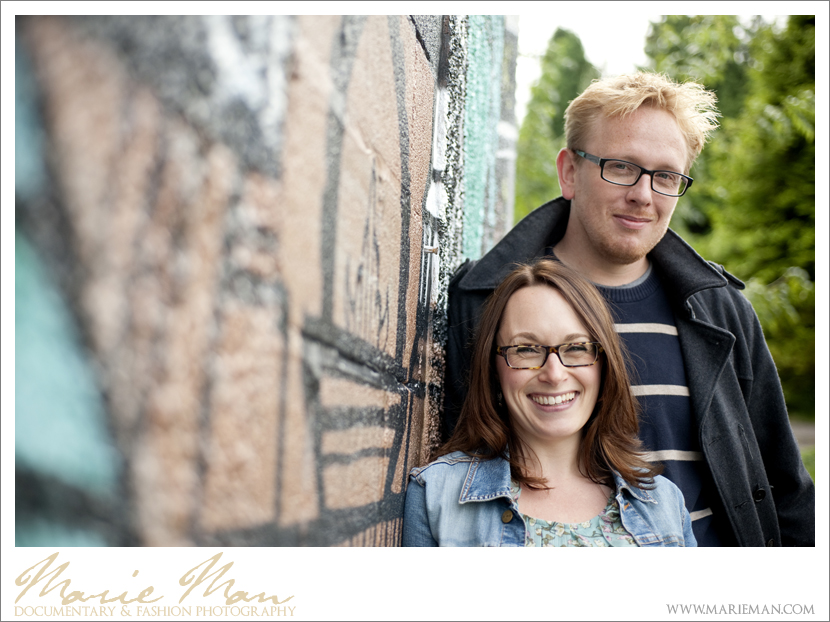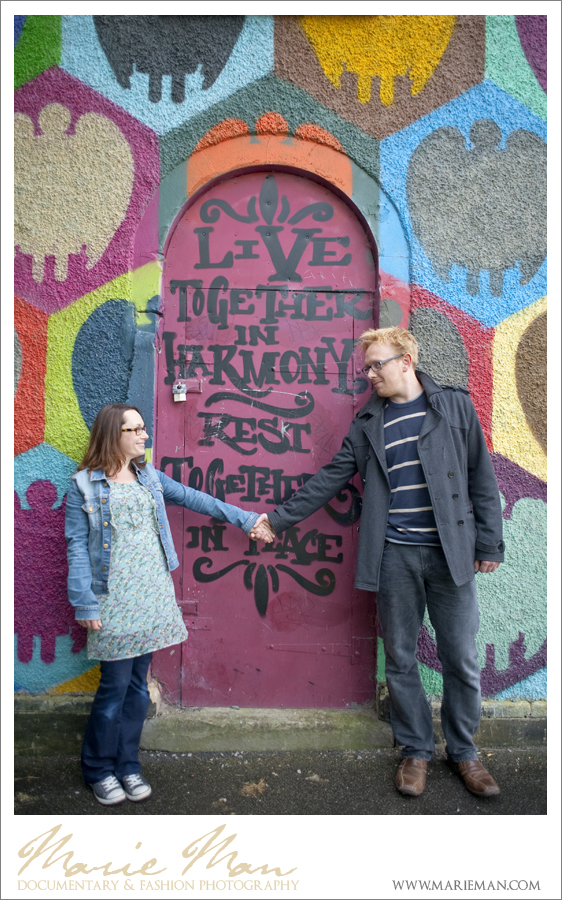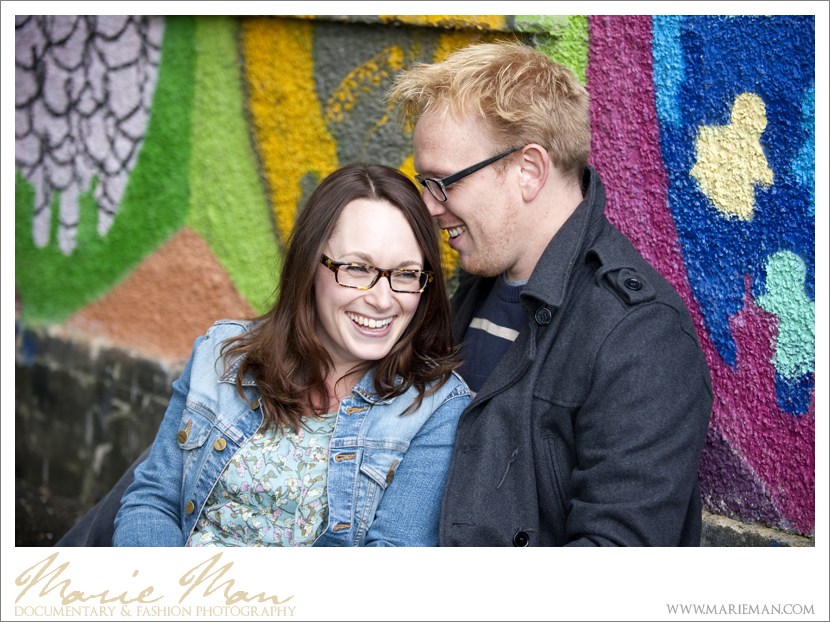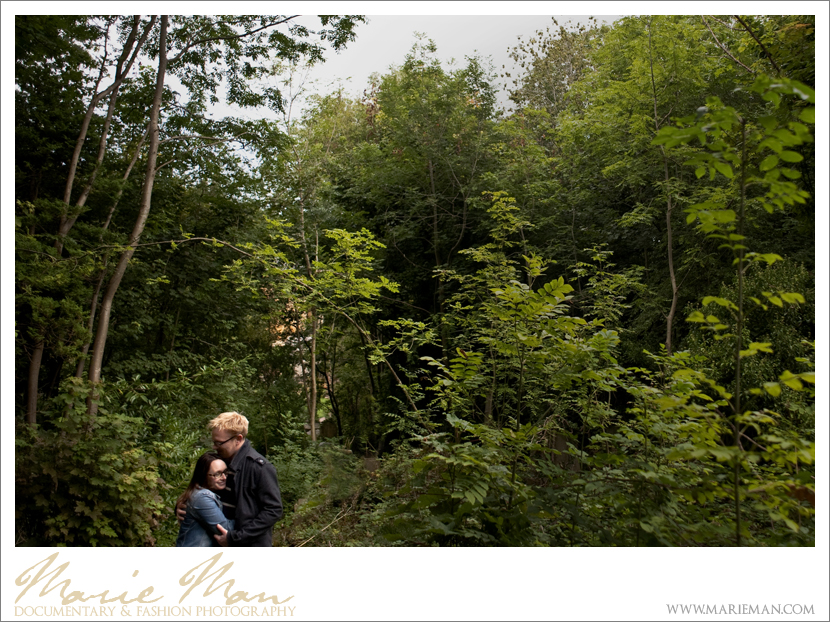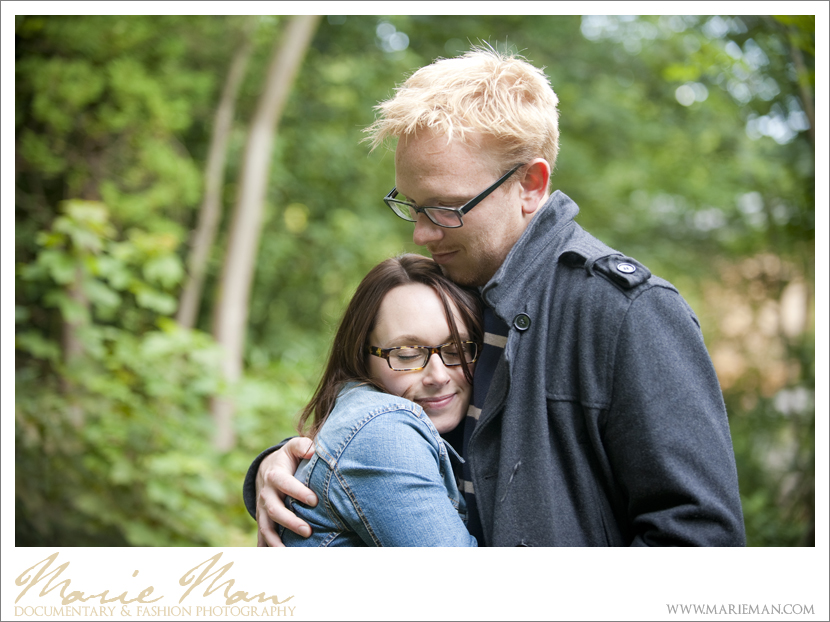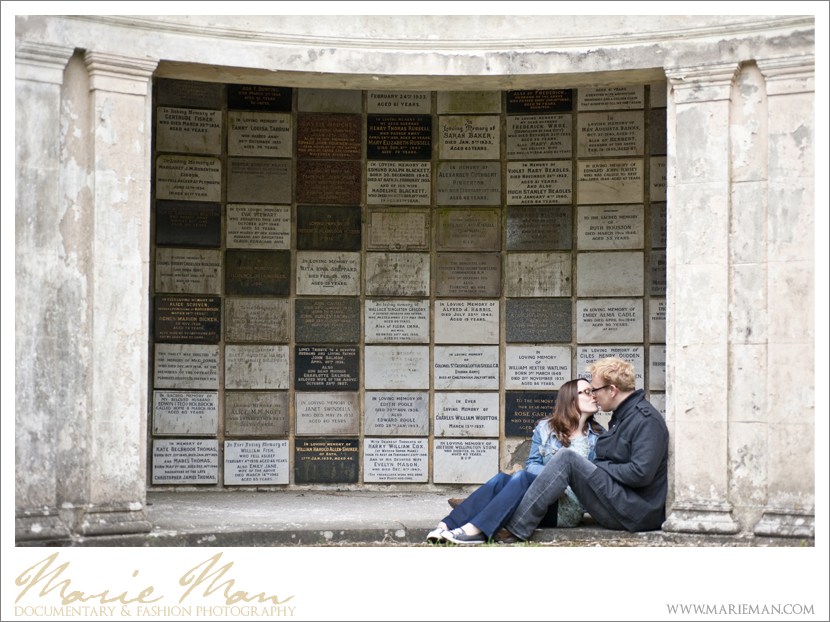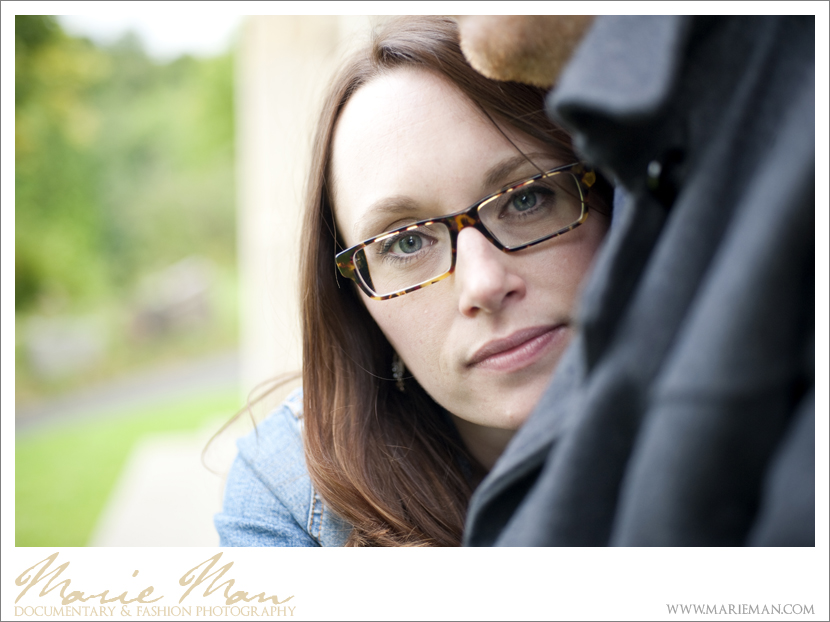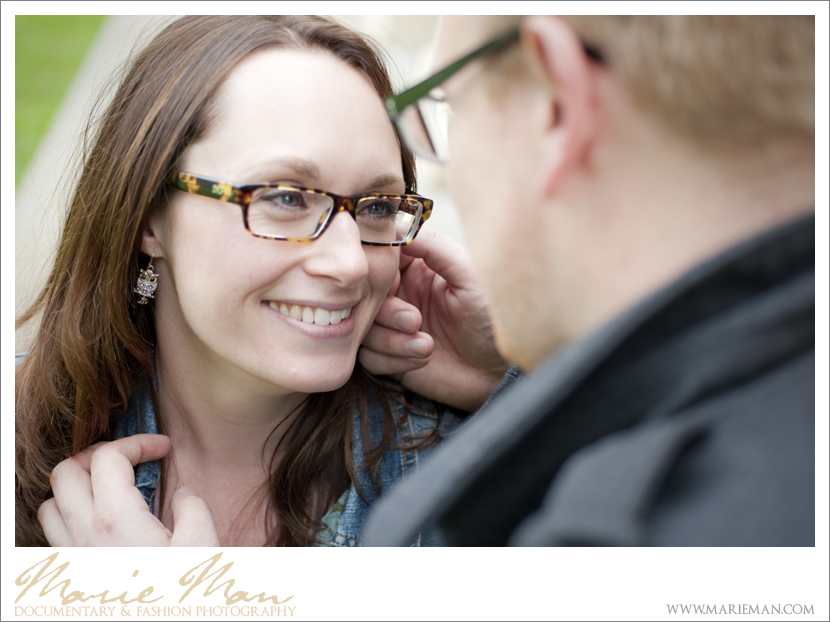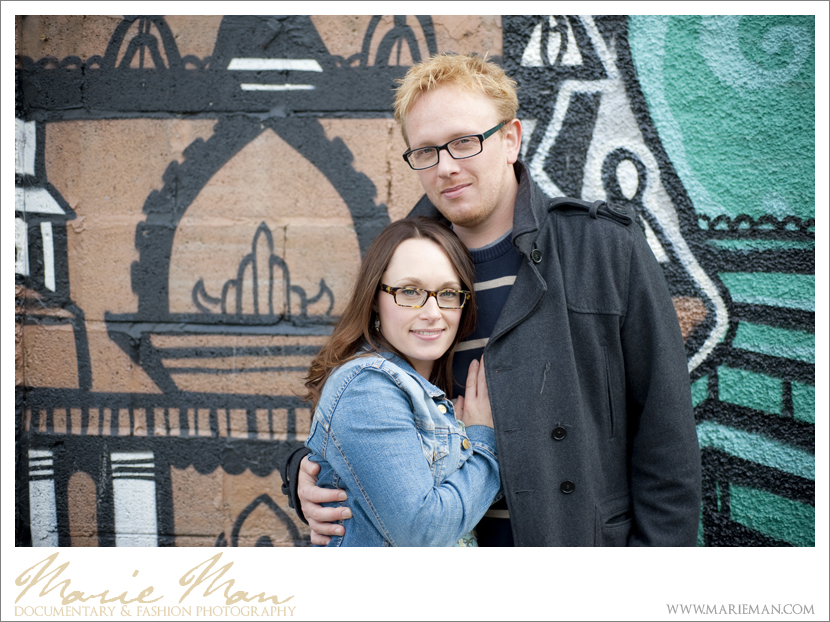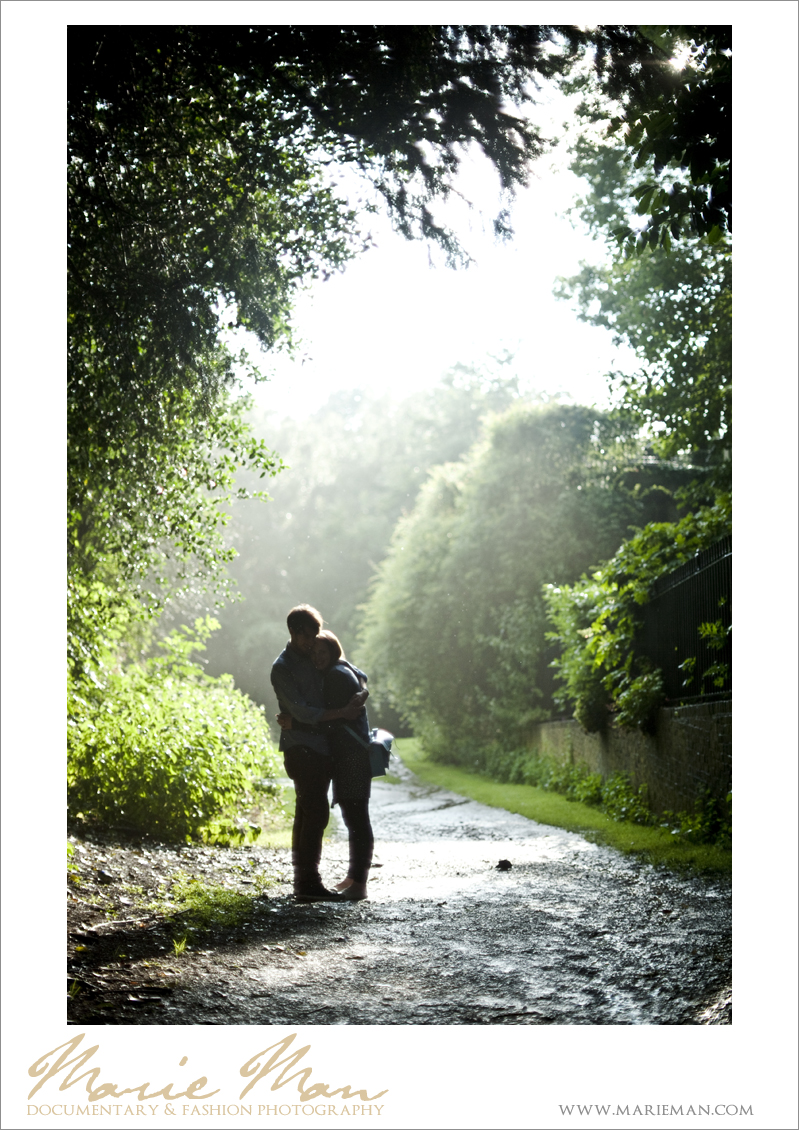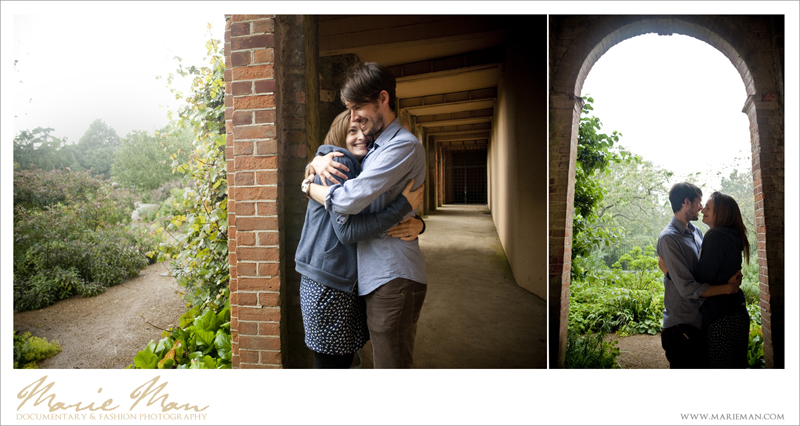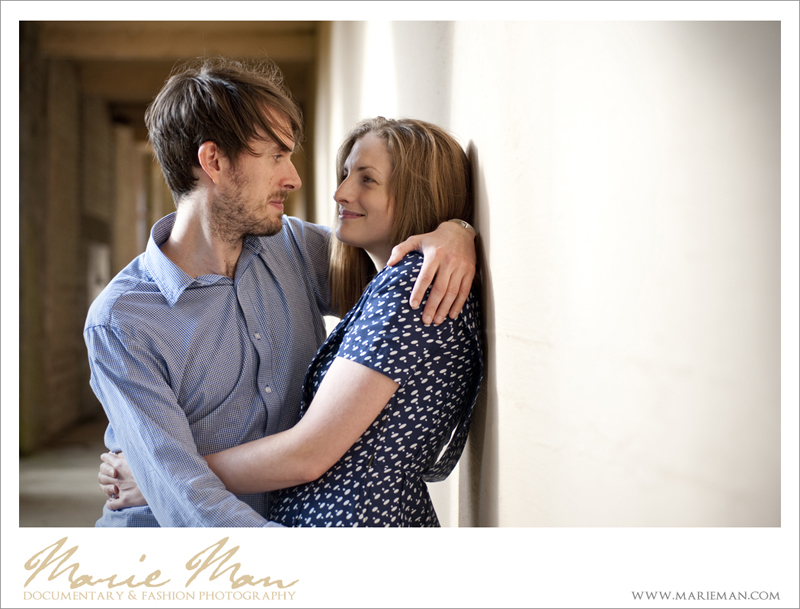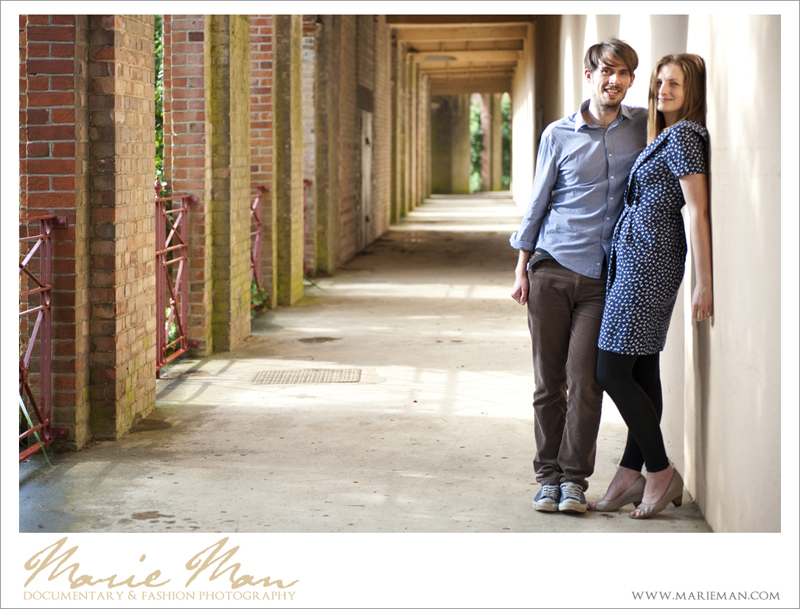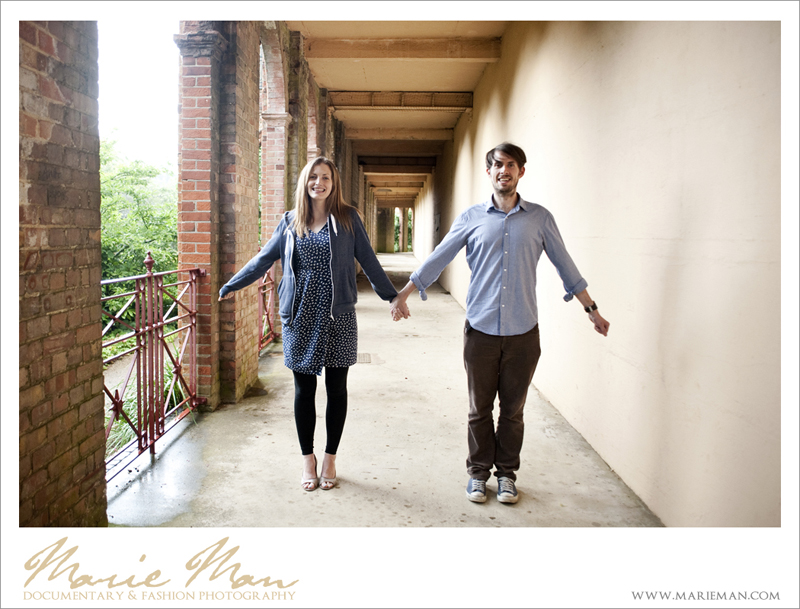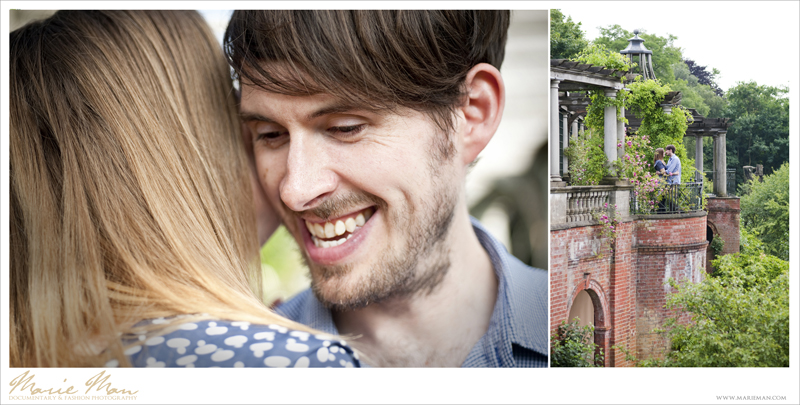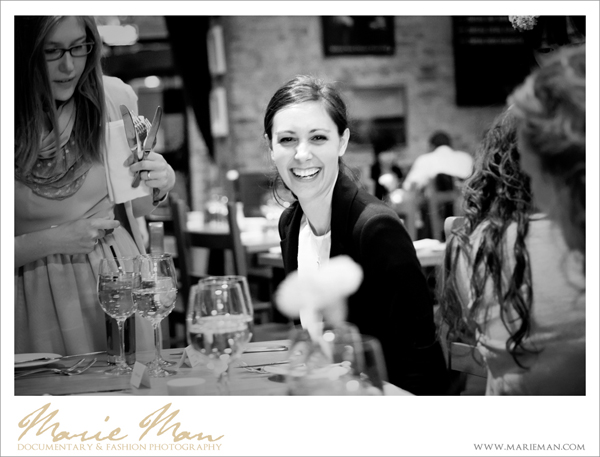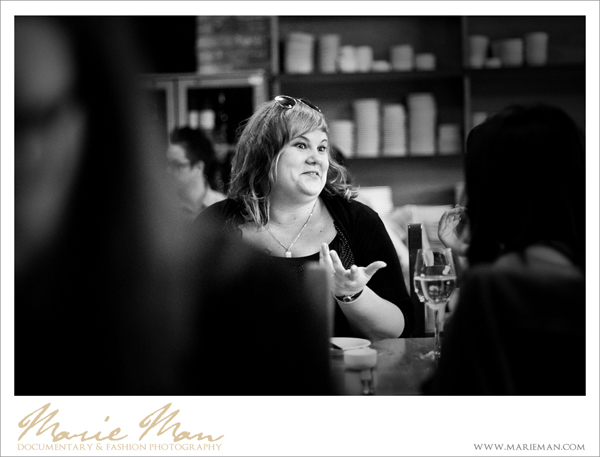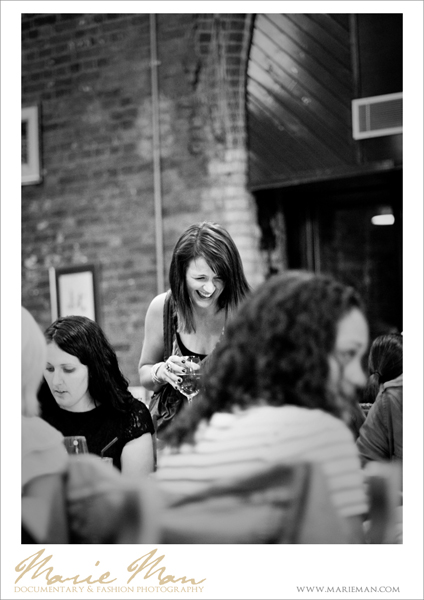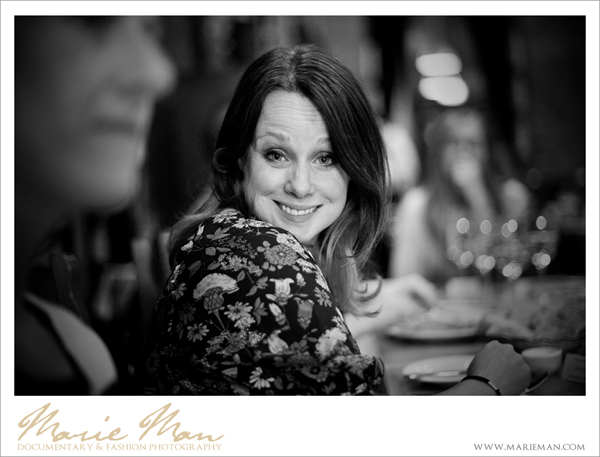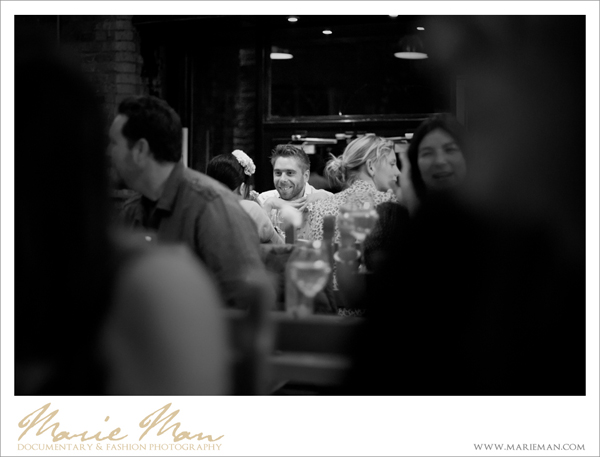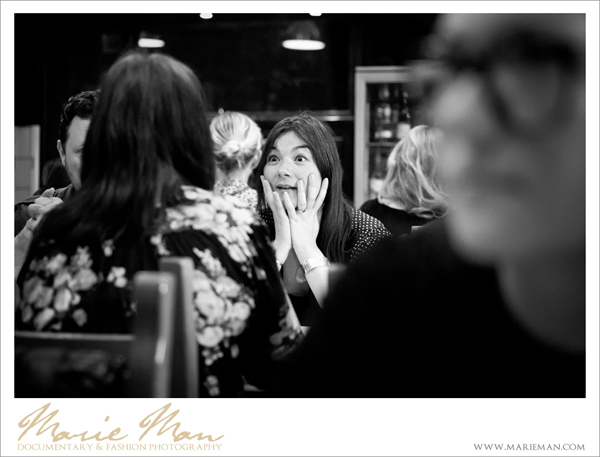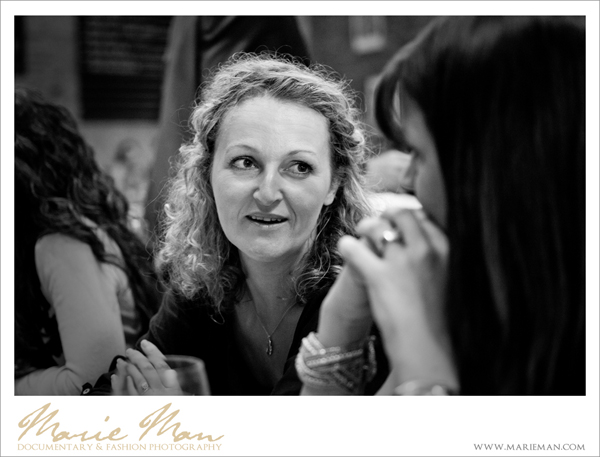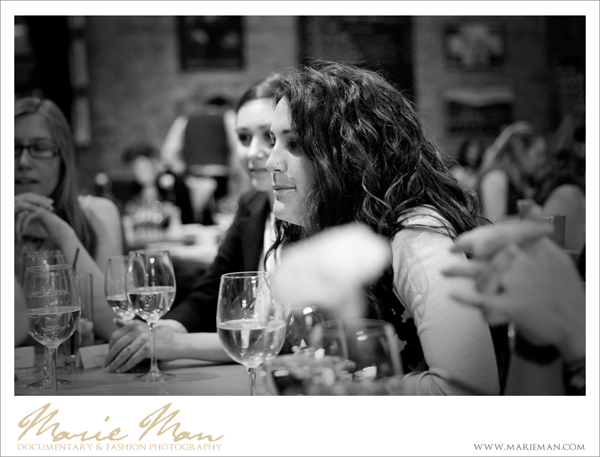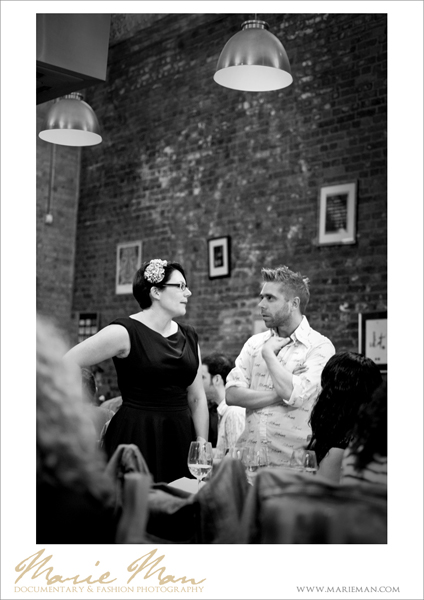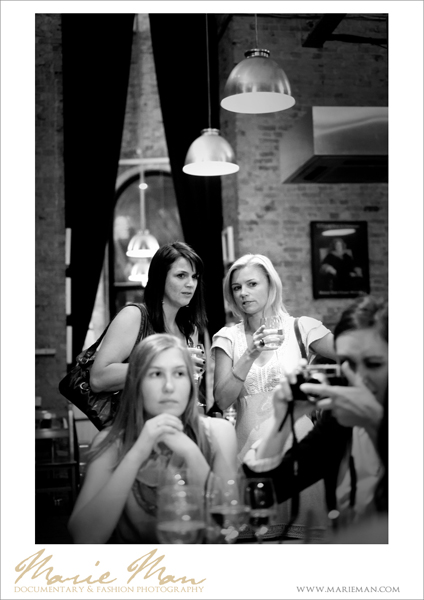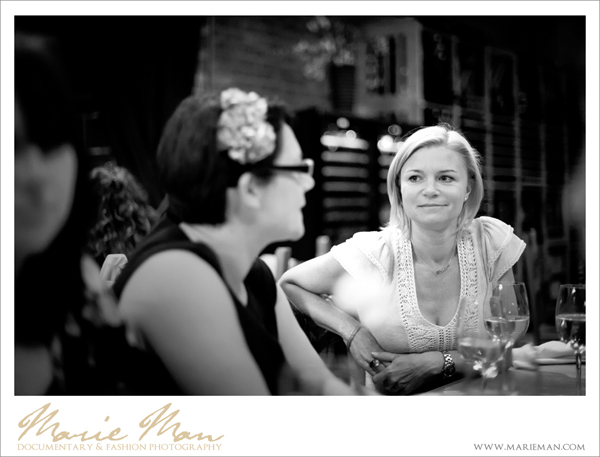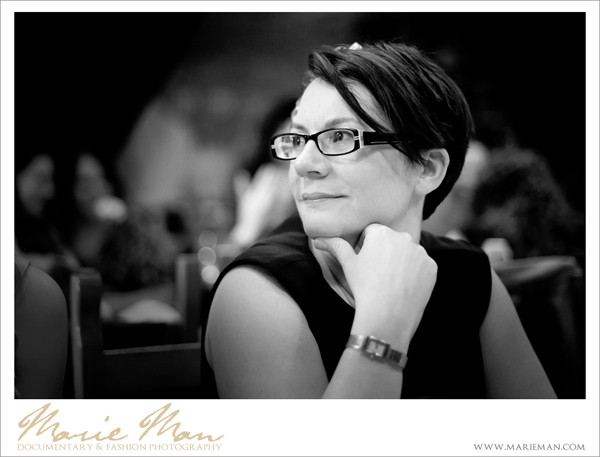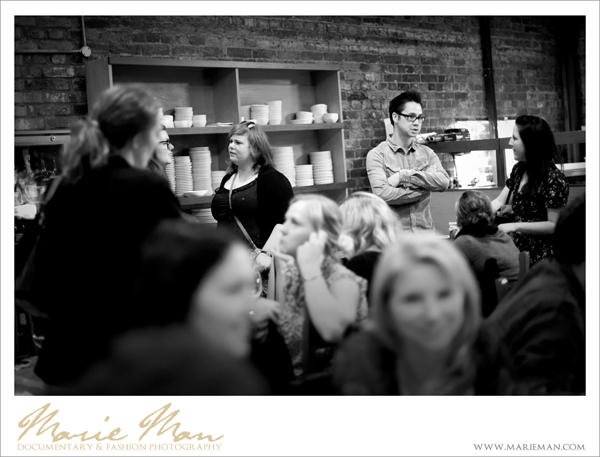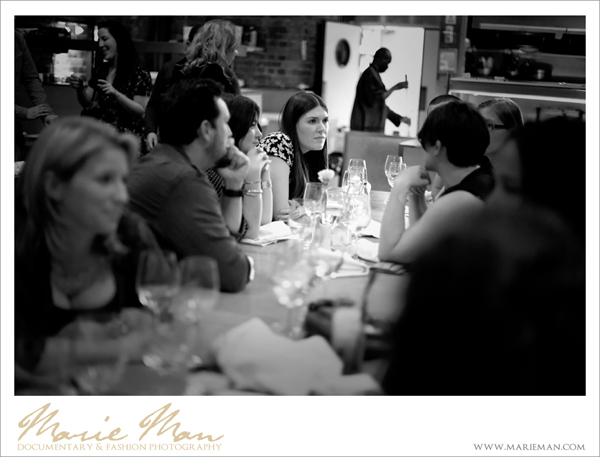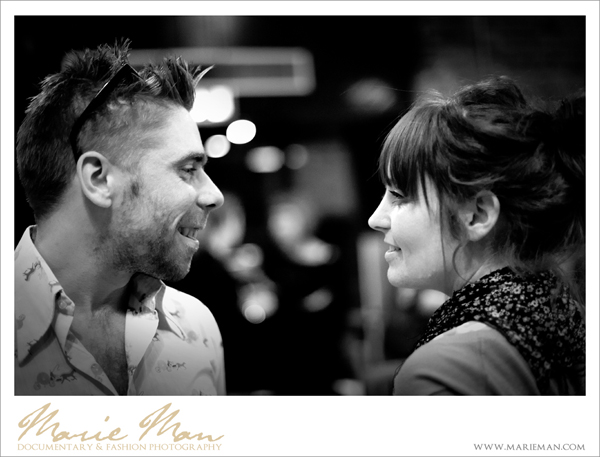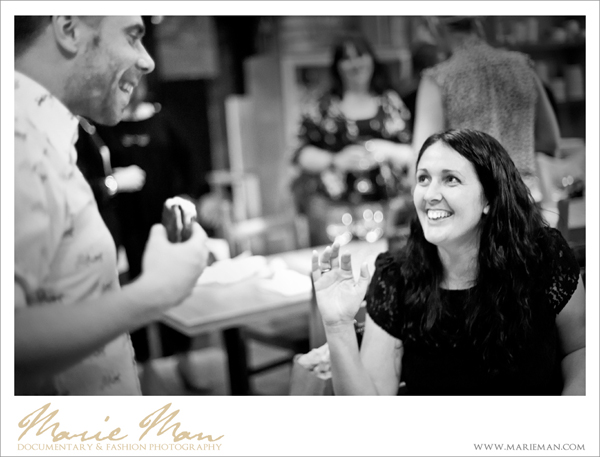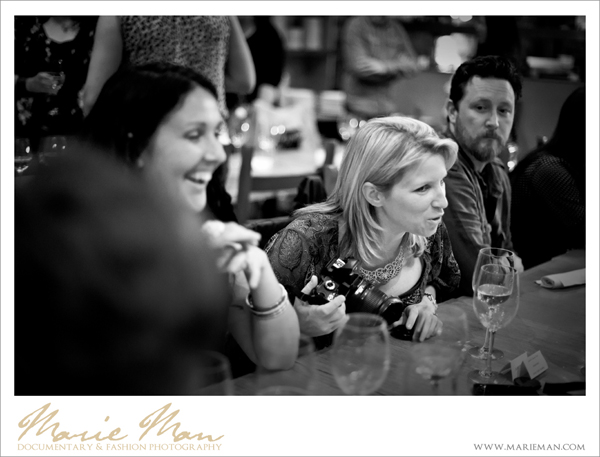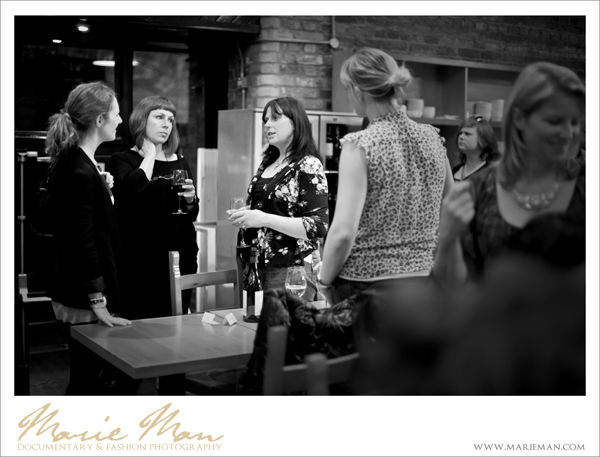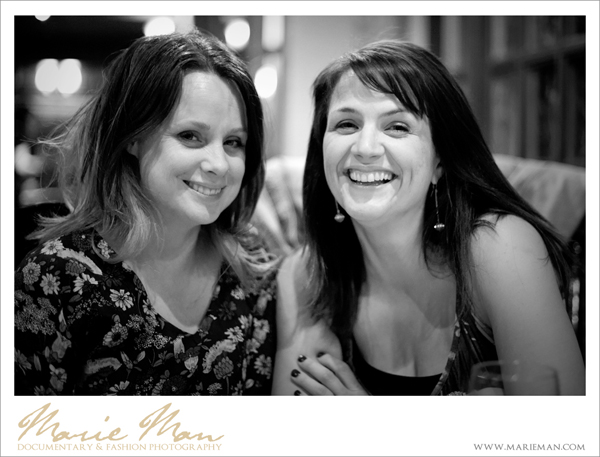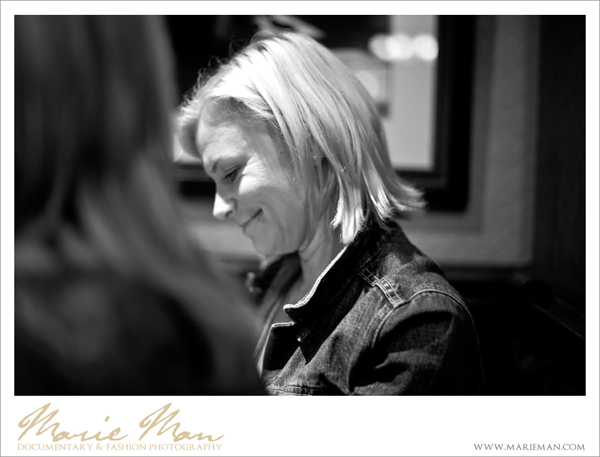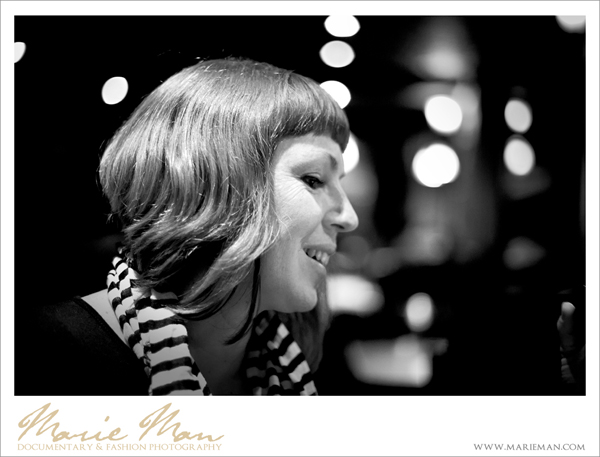
2011 was a funny old year.
This is a long and indulgent post and some of this won’t be easy reading, but I want to share a recent significant event in my personal life…what happened and how it affected me.
It started with a sore throat that lingered. I was relieved when it eventually went, but it was only the beginning. The next day I had a strange sensation behind my eyes, like I was wearing glasses that were too strong. I thought it was the tail end of the virus and a good sleep would knock it on the head. But it was worse the next morning and I struggled to grip well with my right hand. With a large proportion of my family in the medical profession, it’s a rare occasion that I consult a doctor, but I went directly to hospital. Leaving a painting half-done and my freezer defrosting, I genuinely thought they would dismiss me with a migraine or similar but best get it treated as fast as possible.
I was seen by a neurologist, had a CT scan and was very almost discharged – he could see that something wasn’t right, but that paradoxically, I seemed very well. I could see, but with double vision on the periphery; I could move my arms, but my grip was weak; muscle strength was generally good, but my right side was weaker; I could walk, but my spatial awareness was bad. As a precaution, he called a consultant and then all hell broke loose…
First up was a lumbar puncture. Everything got much worse and by that night, I couldn’t walk unaided. The next morning, my double vision was terrible, I was nauseous, my hand was much weaker and I had lost control of some leg muscles. The consultant came to see me. He suspected that I didn’t have anything wrong with my spine or brain as is usual in neurology, but thought that I might have Guillain-Barré Syndrome, an autoimmune disease. This is a rare and aggressive disease and happens after a virus or infection. When your immune system has dealt with the virus, it doesn’t stop and attacks the nervous system instead. Your immune system progressively strips your nerves of its coating and your nerves short-circuit. You become your own worst enemy. The disease moves fast and speed of treatment is vital. The consultant wheeled me off for an MRI and nerve conductor test himself – squeezing me into the full schedules. I’m not sure whether this was more or less reassuring! By the end of the day, my breathing, spine and legs were weaker and I lost all reflexes in my arms and legs. I could barely transfer to a wheelchair. However, there was also the possibility that it was a tropical disease like typhus. I was deteriorating fast so they decided to go ahead with treatment for both and hope one of the treatments would stabilise me. Although not positively diagnosed, clinically I fitted GBS exactly. The disease moves swiftly. Often, patients become ‘locked-in’ to their bodies – some recover after a few months, some don’t – it can be fatal.
The doctors couldn’t tell me whether the treatment was working or not – the disease varies hugely and some people get better before getting worse and vice versa. Their aim was to suppress my immune system so that it stopped attacking my nervous system and give my body a chance to fight back. The treatment protocol of five days on an immunoglobulin drip was considered to be something that had worked for someone at some stage, but no one knew how much a higher or lower dosage really changed things. What they did know was that a second course of treatment would make no difference. So if the treatment failed, then the next step would be a plasma exchange, and after that…nothing else could be done.
Unfortunately the lumbar puncture hadn’t closed back up and was leaking into my body, draining the fluid from my brain causing excruciating headaches and dehydration. I slept with monitors attached to me 24 hours, a drip in each arm, bloods being taken regularly and other meds being injected into me. The amount of fluid going through me was huge, so the canulas would tissue and they would have to recanulate me, using up a vein each time. The neurology ward had several patients who hallucinated in the night, screaming and shouting. Typically, with GBS patients, the respiratory system is badly affected. Being ‘locked-in’ is preceded by the need to be intubated because the patient can no longer breathe by myself. I came scarily close to the threshold – the nurses monitored me every two hours, even being woken up during the night to take readings and sometimes they would urge me to try again to get a better result. Some mornings I felt good, most evenings I felt fatigued, nauseous and like my body was a warground. Some days I felt bad all day, some downright terrible. There was one particular day I remember when I felt good and then the next day, I couldn’t move at all without feeling completely hideous. I couldn’t use my phone or read. It was a Sunday and the ward was quiet. I’d tried to stay positive, but this was one of the only times that I cried to myself. No one could provide any solace and the one thing that pulled me out of that darkness was being able to see the tops of two trees through my window – the winter sun shone between the branches for almost an hour, warming my face, before it dipped back behind a building. That was my lowest point, after that, there were ups and downs but overall, I stabilised and began to get better. Before the end of my treatment, I started having a reaction to the medication and they had to stop. I had problems with my heart and there were fears that I’d developed a blood clot. The doctors elected for me not to go back on the medication, not knowing if this would have an adverse affect on my ‘progress’ and hope for the best.
My body was severely weakened after the attack. It took time for me to walk again and I even had to do physio for my neck to be able to support the weight of my head. So from one point of view, 2011 was a bit of a sod really, taking six months to recover from a major knee operation. But really I was very lucky on both occasions. Against the odds, I am now crutch free after three years on crutches. And by fluke, I had walked into the A&E of a hospital with one of the foremost neurology centres. Any other hospital in town and I probably would not have been diagnosed so quickly or at all, which was critical to the treatment being as effective as it was. It can take years to recover from GBS, some people have chronic conditions. They say if treatment is effective within 3 weeks, then it will be only months before you are better. I was in hospital for just under 3 weeks.
Of course it’s at these moments that you reflect and challenge yourself. I was grateful for the fact that I have always seized the day and tried to balance family life and common sense with my desire to explore, learn and create. I was grateful for the people I love and rallied to support me. I was acutely reminded that time and life is even more precious than any of us ever comprehends in the stresses of our day-to-day lives. It wasn’t until that black Sunday that I understood that my greatest fear wasn’t death, it was being paralysed with a fully functioning brain, not knowing whether I would die, recover or remain trapped indefinitely in my own body. The worst prison of all.
So, not a very cheery post, but just like my documentary photography work, it’s sometimes the blacks as well as the whites (and all the greys in between) that tell the stories that really affect us. Staring my greatest fear in the face will certainly change me going forward. I know everyone has their own challenges in their lives and this was one of mine. Never underestimate your body’s ability to heal itself. I consider myself luckier than ever and count my blessings and being given a second chance to live, love and create xx


